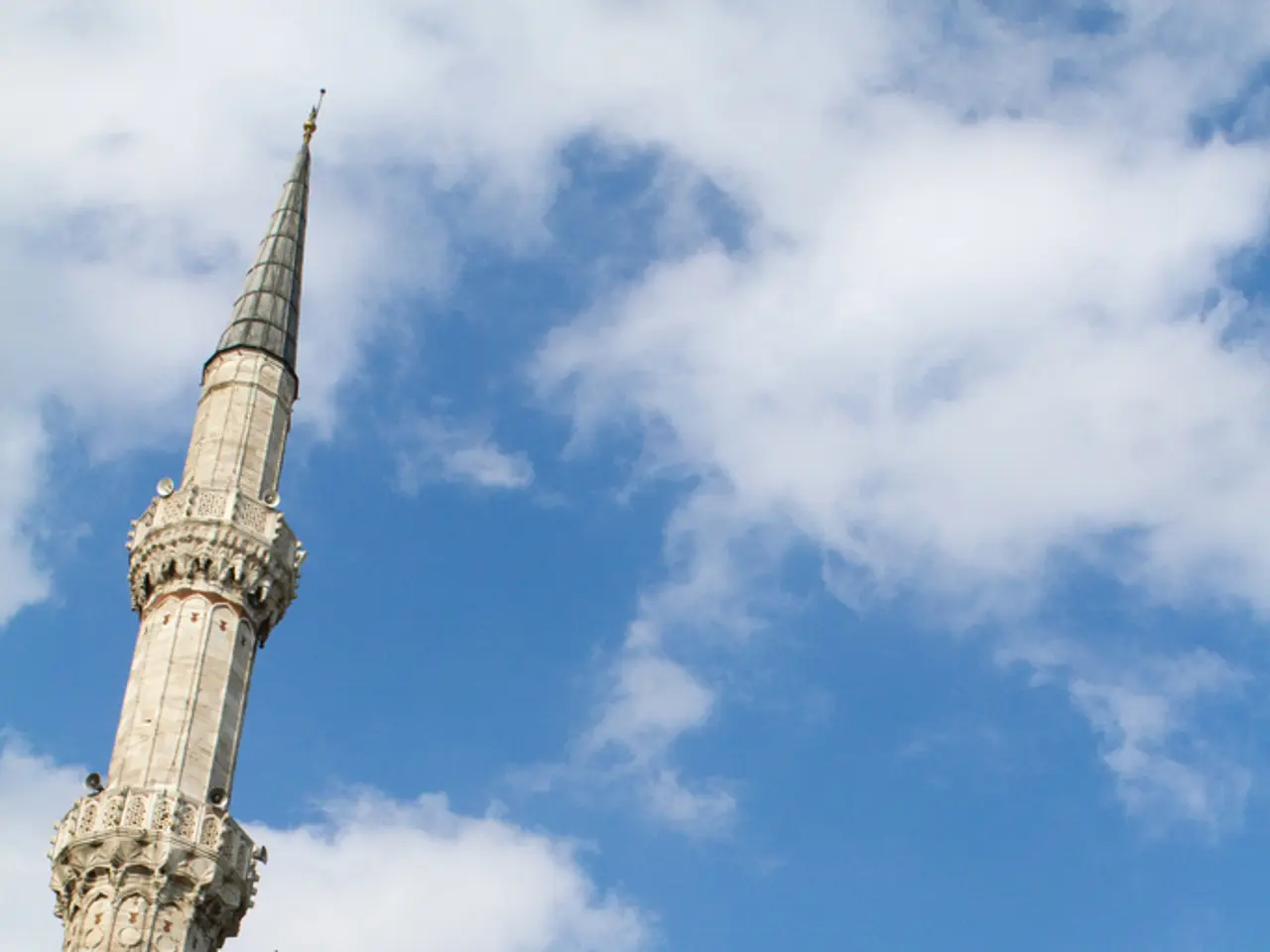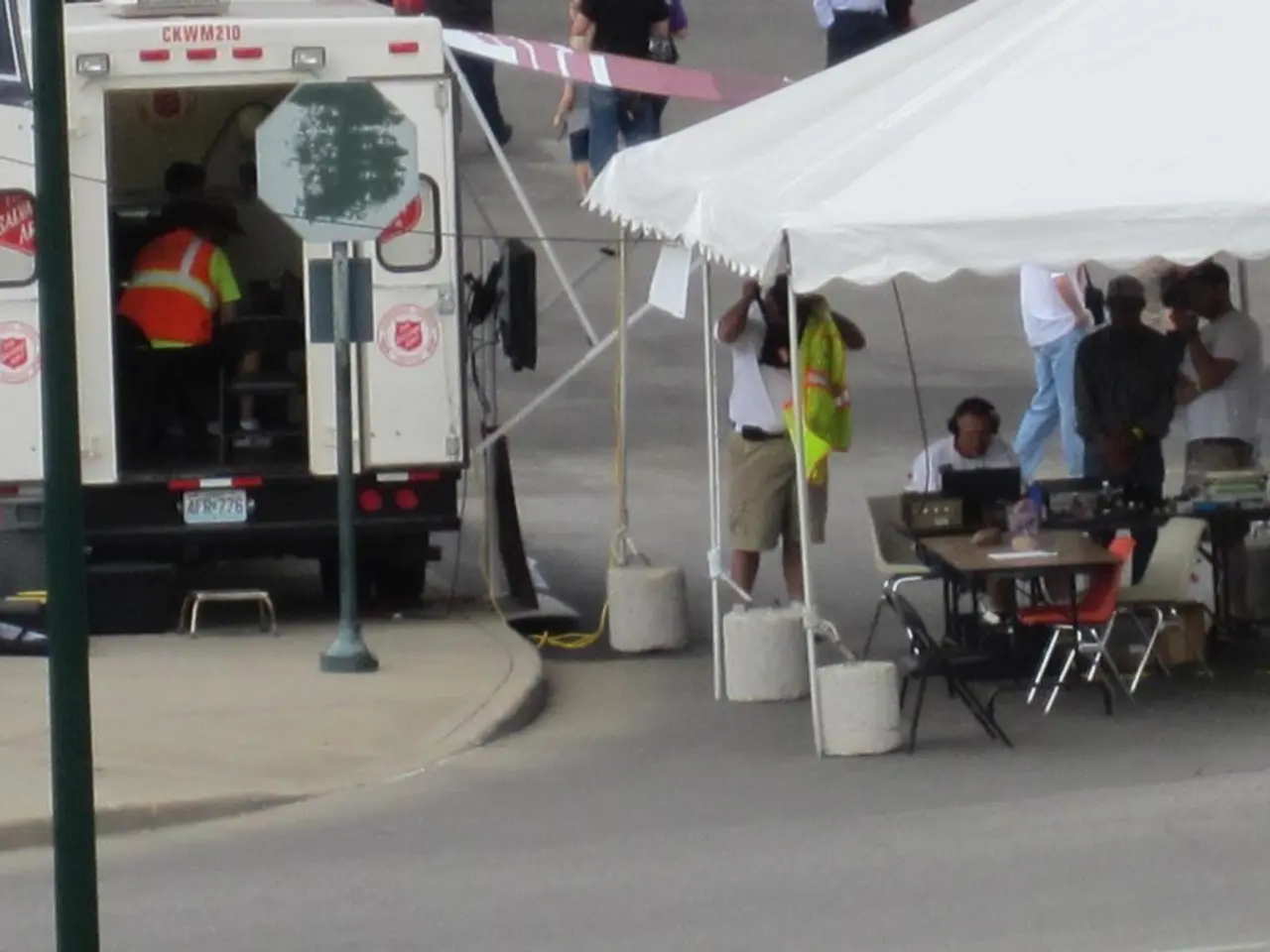Mosque leader in Lyon, Kamel Kabtane, declares that the government views Islam as a creature to be butchered
France recently held a series of defense councils, the latest one on July 13, which was exclusively dedicated to addressing the issue of Islamist infiltration and political Islamist extremism. The focus was particularly on the operations of the Muslim Brotherhood within France.
The July 13 defense council was a continuation of efforts initiated after the passage of the law against separatism in 2021 and the deadly 2015 terror attacks linked to ISIS. It aimed to discuss and implement new financial and administrative sanctions measures to combat Islamist "entryism"—a form of covert penetration and influence—deemed a threat to national cohesion and the fabric of French republican institutions.
The first defense council took place after the passage of the law against separatism, and it was followed by another one. These councils were a response to a breach of contract and a worsening atmosphere, with tensions having been high since the passage of the law against separatism in 2021.
The defense council was a demonstration of the government's active response to mounting political pressure from both right-wing and far-right parties to toughen policies against Islamist groups operating within the country. It was also an effort to reinforce the government's stance and produce legislative proposals to strengthen existing counter-separatism laws, with an expectation of a bill that would be applicable by the end of 2025.
Former French ambassador François Gouyette's report, which identified the Muslim Brotherhood as having a dedicated following in France and posing a long-term risk, albeit not directly linked to violent actions, served as a basis for the defense council. The council's objective was to centralize and coordinate a response specifically against Islamist extremism under the law against separatism, by adopting new measures targeting the Muslim Brotherhood’s influence and protecting national cohesion in France.
[1] Le Figaro, "Le Conseil de défense de l'État du 13 juillet est consacré à la lutte contre l'islamisme" (The July 13 Defense Council is dedicated to the fight against Islamism), July 14, 2022. [2] Le Monde, "Le Conseil de défense de l'État du 13 juillet : une nouvelle offensive contre l'islamisme" (The July 13 Defense Council: a new offensive against Islamism), July 14, 2022.
- The July 13 Defense Council, a continuation of policy-and-legislation efforts initiated after the passage of the law against separatism in 2021, aimed to discuss and implement new measures to combat Islamist "entryism" and reinforce the government's stance on political Islamist extremism.
- The defense council was a response to mounting political pressure from both right-wing and far-right parties to toughen policies against Islamist groups operating within France, and it was a step towards strengthening existing counter-separatism laws, with a focus on the operations of the Muslim Brotherhood within the country.







